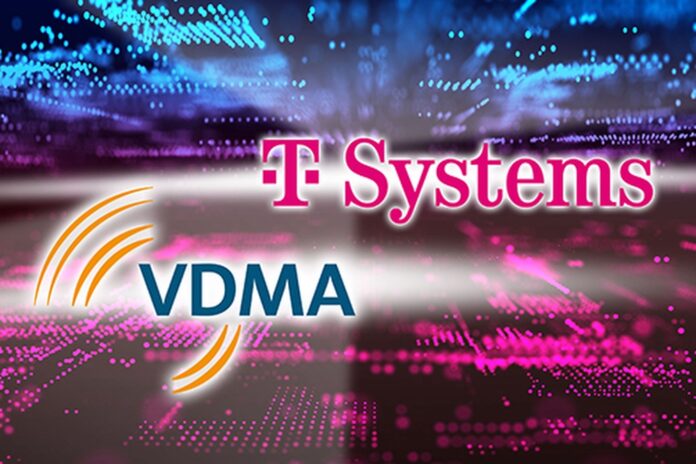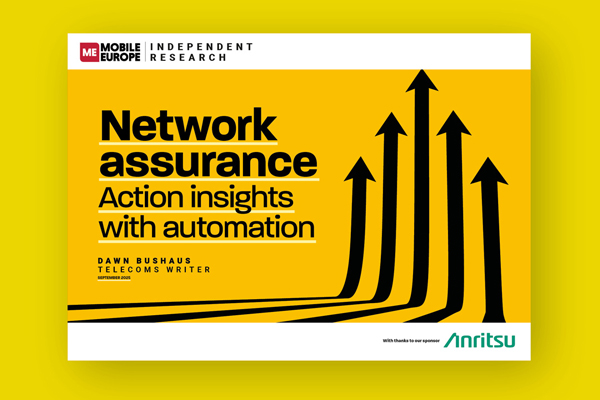Pulling together standardised elements for Industrie 4.0
T-Systems and the German Mechanical and Plant Engineering Association (VDMA in German) are linking their data spaces to show what a data ecosystem from the Manufacturing-X initiative could look like.
Manufacturing-X runs under the auspices of the German Federal Ministry for Economic Affairs and Climate Action and the Ministry for Education and Research as part of the move towards Industrie 4.0.
The VDMA is contributing its universal machine technology interface (umati) initiative data space and T-Systems its Living Labs data space. T-Systems is responsible for the data exchange technology. Umati provides standardised production information from VDMA’s 300 or so partner companies.
T-Systems’ Living Lab hosts the development and testing of applications to analyse and evaluate this data.
Keeping control
The idea is to give companies transparency regarding production information along their supply chains and help generate added value, while the data’s owners retain data sovereignty at all times.
The collaboration is intended to further the implementation of data spaces and the implementation of the OPC Unified Architecture and associated industry-specific standards (OPC UA Companion Specifications).
Henrik Schunk Vice President, VDMA e.V. and Managing Partner at SCHUNK, said, “We want to get Manufacturing-X beating in the hearts of our companies: On the factory floor.
“With umati, we have already created a data space for standardised production data – our global language for production. This enables machines to directly exchange their data in Manufacturing-X across company boundaries without storing it centrally.”
Start a revolution
“Data spaces are revolutionising industry. Our initiative is among the first, and the market will really take off in 2023,” said Adel Al-Saleh, Deutsche Telekom Board of Management member and CEO of T-Systems.
He added, “T-Systems and VDMA are bringing together production data and applications on a large scale for the first time. Data spaces are both marketplace and factory. Data is exchanged and processed here. Apps independently obtain information, work with it and offer it again in marketplaces. In this way, we are opening the door to the industrialisation of data.”




